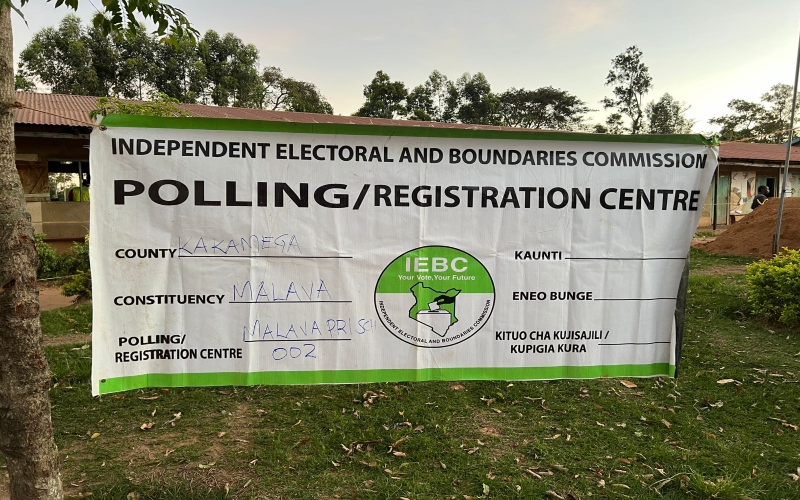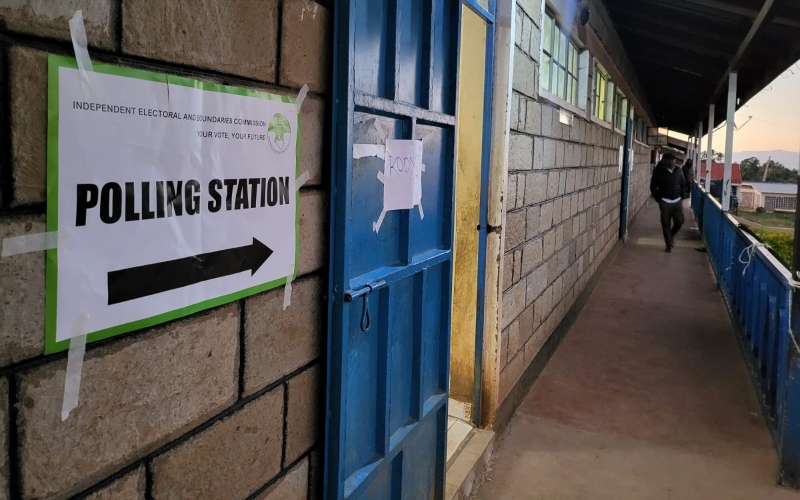Agriculture CS Kagwe calls for affordable credit and real investment in Kenyan farmers

Kagwe argued that conventional lending models and donor interventions often fail because they do not address the realities farmers face on the ground.
The government has proposed that all agricultural funding programmes ensure at least 80 per cent of resources reach farmers directly, leaving only 20 per cent for administrative costs, in a bid to make financing more effective and impactful.
Agriculture Cabinet Secretary Mutahi Kagwe argued that conventional lending models and donor interventions often fail because they do not address the realities farmers face on the ground. He emphasised that interest rates must drop to as low as three per cent to make credit truly affordable and align repayments with seasonal harvest cycles.
More To Read
- Kenya risks severe rice shortage, price hikes if duty-free imports are stopped, government warns
- Over 31,000 schools equipped with farming tools, as 4K Clubs revived to foster agricultural skills countrywide
- Tough week for Kagwe as MPs demand lease documents, tender records in sugar mill probe
- Governors support state’s Sh12.29 billion lease deal to revive four sugar factories
- President Ruto, CS Kagwe sack directors of Chemelil, Nzoia and Sony sugar companies after leasing deal
- Kenya to open coffee auctions to global buyers to boost farmers' earnings, Kagwe says
“Financing guarantees must help us de-risk farmers. That percentage has to come down. I am proposing four per cent, even three per cent, if we truly want affordability,” he said, noting that loan terms must be aligned with farmers’ realities, seasonal cash flows, and commodity production cycles.
Speaking at the Intergovernmental Agriculture Forum in Naivasha, Kagwe said Kenya’s agricultural financing framework must move away from generic models that fail to reflect actual farming conditions.
“When we design loan terms, they must reflect the realities of what farmers produce, not abstract banking models. Financing must meet farmers where they are,” he said.
Challenged development partners
He also challenged development partners, warning against projects where administrative costs overshadow direct investment in farmers.
“To our donor community: we need clear KPIs. There is too much self-declared success—everyone claiming miracles, even 50 per cent increases in maize yields that do not exist,” Kagwe said.
The CS stressed that years of capacity-building programmes have offered limited benefits, calling instead for investments that reach farmers directly.
“Let’s forget capacity building. We have built enough capacity. What we need now is investment that actually reaches the farmer,” he said.
Under the proposed framework, donor-supported agricultural programmes would allocate 80 per cent of all funds directly to farmers, leaving only 20 per cent for administration, logistics, and other operational costs.
Kagwe said this structure is critical to ensuring that funding translates into tangible growth for the agricultural sector.
Top Stories Today
















































